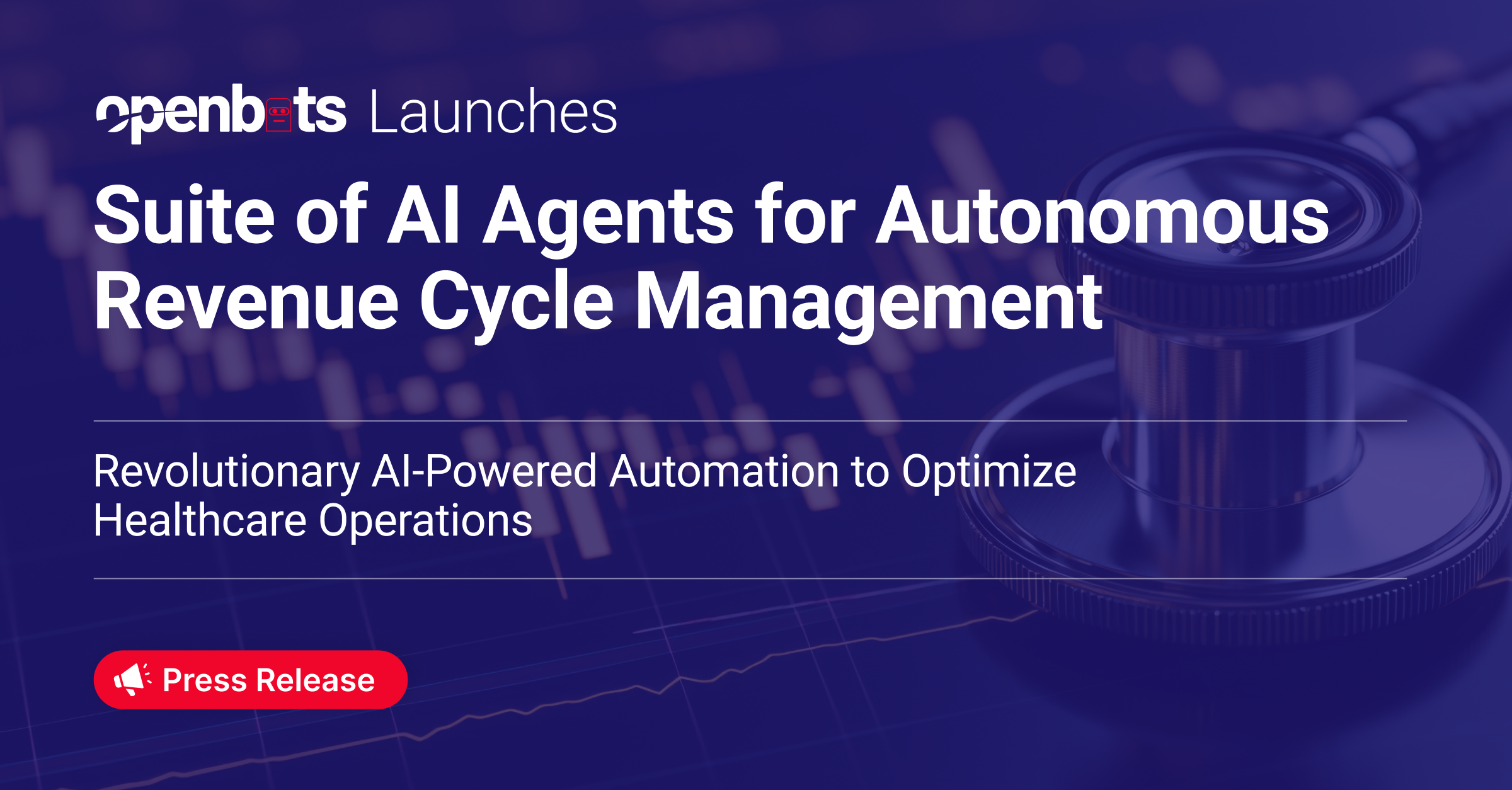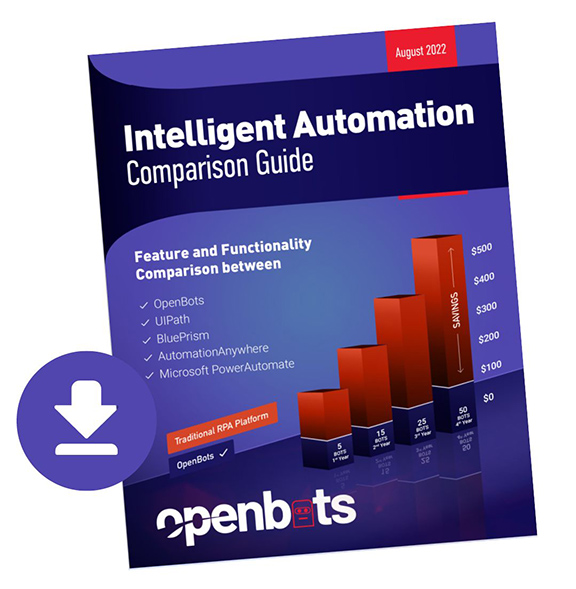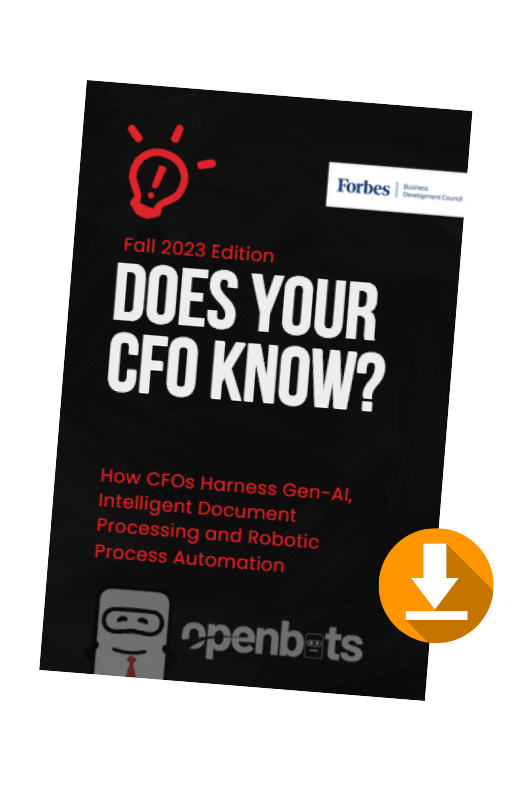How GPT Understands, Adapts, and Transforms Banking Processes and CX
 by
Jason Dzamba - October 2, 2023
by
Jason Dzamba - October 2, 2023

About Jason Dzamba
Director of Media Relations, Productivity Strategist, and Host of Inside the Bot Podcast, Jason uses a process-driven approach to help leaders optimize their actions and achieve their most important business objectives. His creative outlet is painting abstract art and producing music. He lives in Orlando, Florida, with his three kids.
Recent Posts
Related Blog Posts

Agentic AI’s Untapped Power in Streamlining Prior Authorizations
The original goal of prior authorization was to help keep healthcare costs down, not to get in the way of […]

OpenBots Launches Suite of AI Agents for Autonomous Revenue Cycle Management
OpenBots Inc. is transforming healthcare financial operations with the launch of its AI-powered suite of eight Autonomous Revenue Cycle Management (RCM) Agents…

Agentic AI in Banking: Ten Transformative Processes to Automate
The banking industry is changing rapidly with the tech revolution, and modern technologies like Agentic AI are at the centre […]





